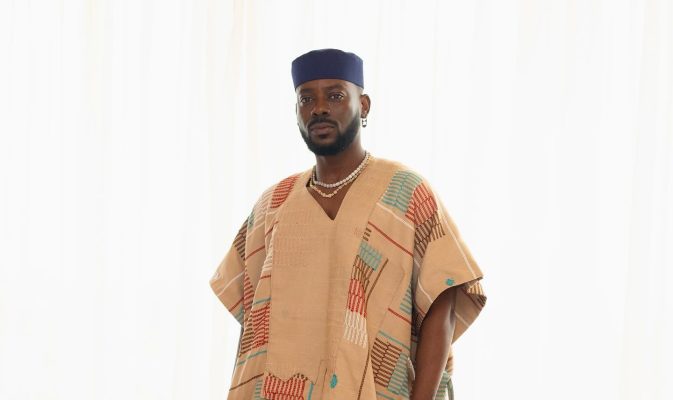
In recent years, the music industry has shifted toward collaboration-driven strategies. Yet a select group of artists have challenged this trend by releasing feature-free albums that achieved both critical acclaim and commercial success. These projects demonstrate that artistic vision and execution can resonate powerfully without relying on guest appearances or star power.
Nigerian singer Adekunle Gold recently articulated this perspective during an interview, explaining his deliberate choice to withhold information about guest features on his latest album. His strategy prioritized sound quality and musical substance over celebrity endorsements, reflecting a broader artistic philosophy that prioritizes listener experience over marketing tactics.
Fireboy DML’s debut album “Laughter, Tears & Goosebumps” emerged in 2019 as a significant statement from the YBNL-signed artist. The project contained no featured artists, a particularly bold decision for an emerging talent navigating an industry where collaborations are typically viewed as essential for market penetration. Fireboy’s commitment to showcasing his unfiltered sound resulted in commercially successful singles including “Jealous” and “Vibration,” which established him as a prominent figure within the Afrobeats movement.
Brymo approached album creation differently with “Oṣó” in 2018, crafting a project that served as a pure artistic expression without external input or industry conventions. The album’s tracks, including “Heya!” and “God Is in Your Mind,” demonstrated sophisticated lyricism and emotional vulnerability. The project has since achieved recognition as a contemporary classic within Nigerian music discourse.
Omah Lay’s “Boy Alone,” released in 2022, initially presented as a feature-free project, showcased introspective songwriting and vocal distinctiveness. The artist explored thematic territory encompassing fame, isolation, and romantic connection, with listeners responding favorably to the album’s authenticity and emotional directness.
Internationally, J. Cole’s “2014 Forest Hills Drive” established itself as one of hip-hop’s most successful feature-less projects. Cole’s involvement across writing, production, and narrative development created a Grammy-nominated recording that influenced subsequent artists to prioritize lyrical substance and compositional integrity.
Taylor Swift’s “Speak Now,” released in 2010 when the artist was twenty years old, represented an unusual occurrence within pop music—a chart-dominating album entirely written by a single artist with zero collaborating features. The project’s global commercial performance validated the commercial viability of solo artistic endeavors.
These albums collectively illustrate a significant industry lesson: contemporary music does not require collaborative features to achieve commercial success, critical recognition, or lasting cultural impact. Rather, thoughtfully crafted albums featuring strong artistic vision, quality songwriting, and authentic emotional expression continue to resonate with audiences across various markets and demographics. The success of these projects suggests that authenticity and artistic coherence remain valuable commodities within an industry increasingly oriented toward algorithmic optimization and commercial partnerships.

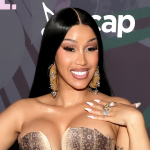





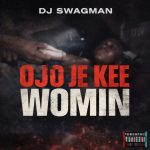

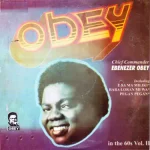
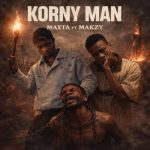

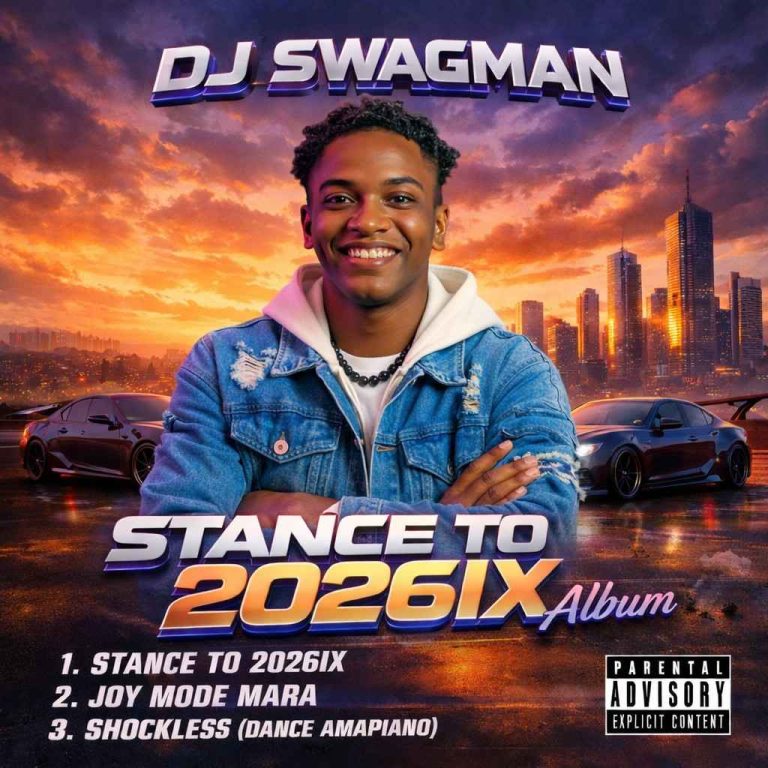
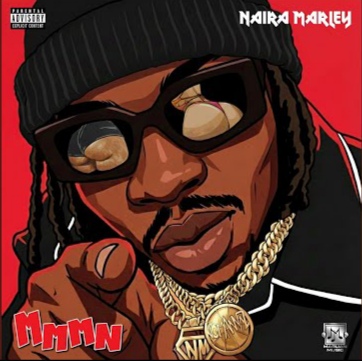

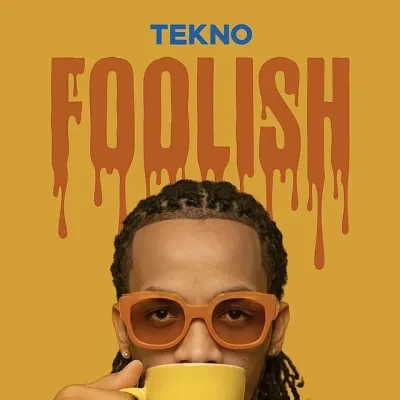

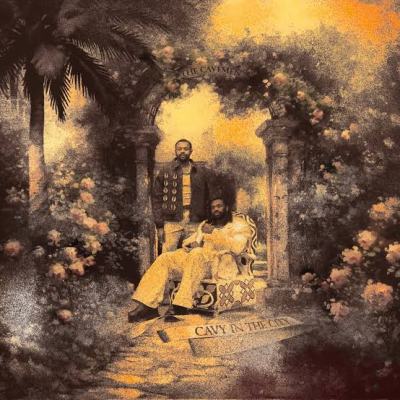
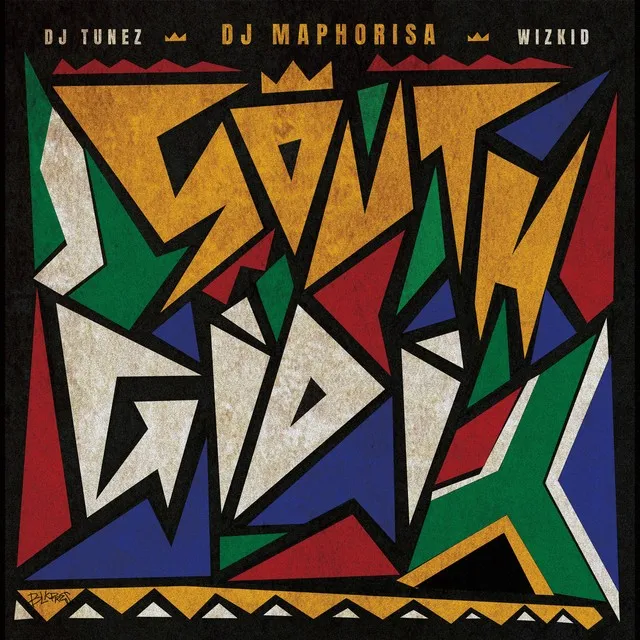

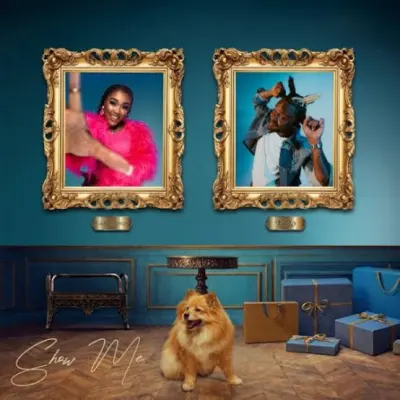

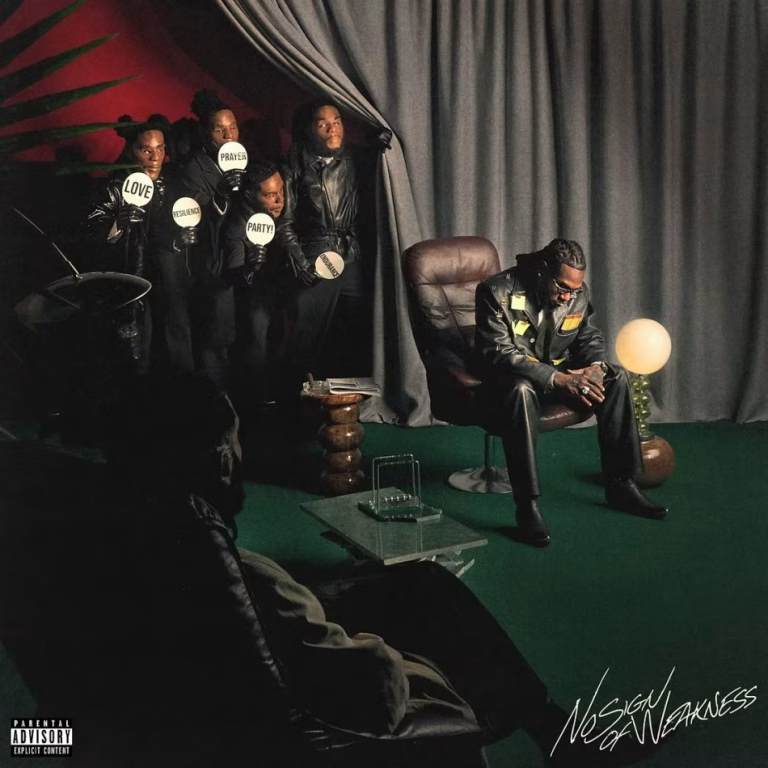
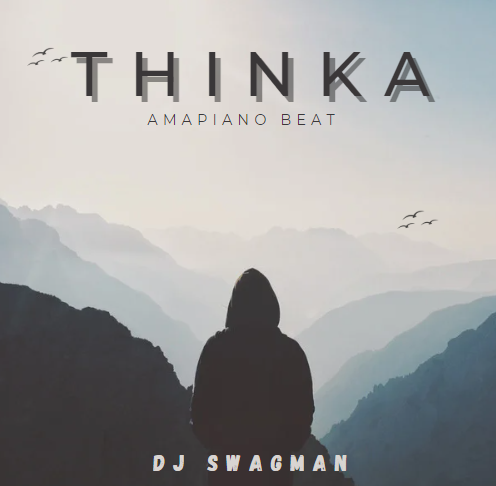


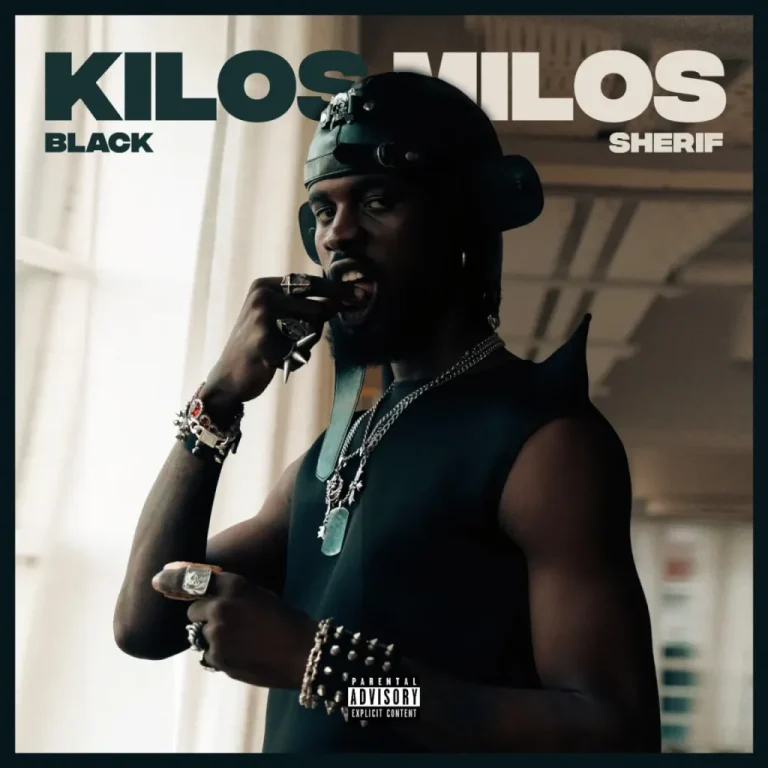
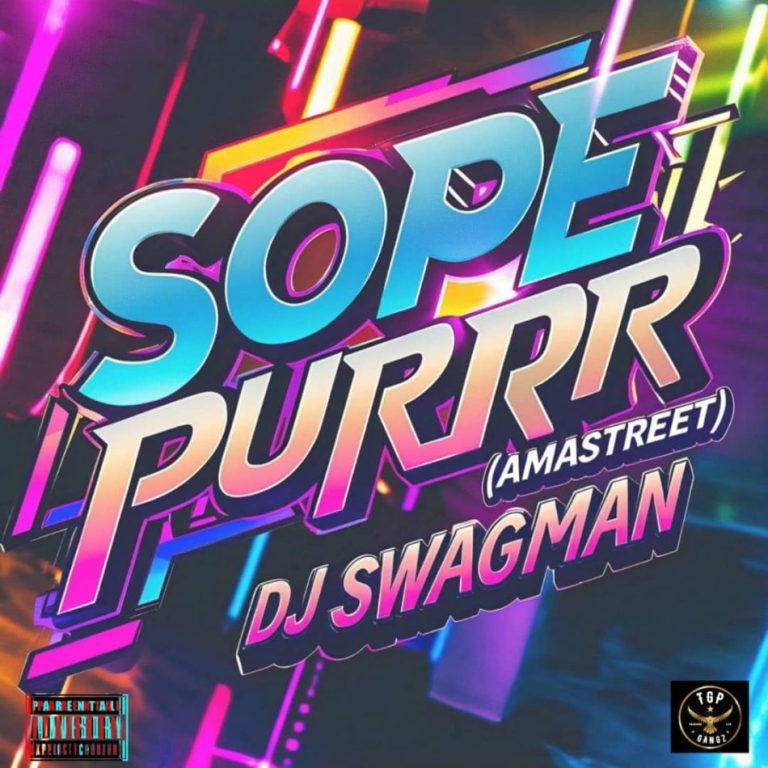


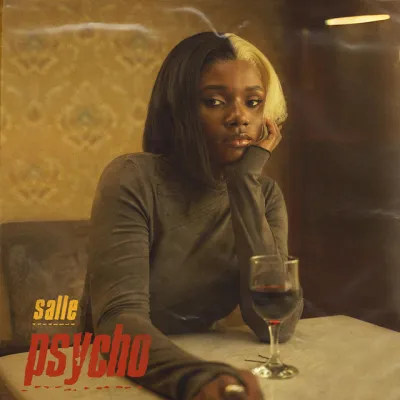
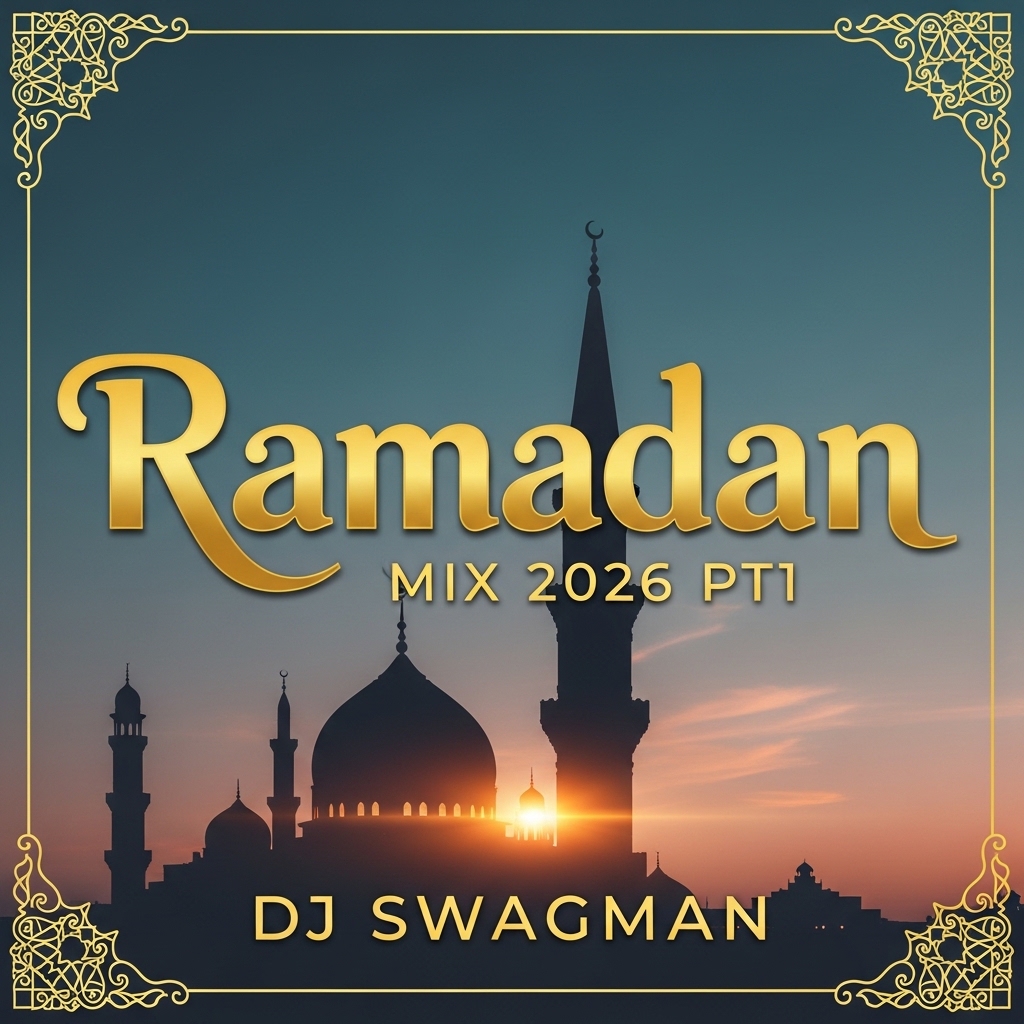
Be the first to comment